Why is there no peace in the Middle East? Why is there no progress towards the two-state solution, the ‘obvious’ path to ending the conflict?
For Western governments, including those considered friends of Israel, and thousands of media commentators, the answer is one word: Netanyahu.
Yet in reality, it is not just Netanyahu who opposes a two-state solution – it is every major Israeli political leader, from right to left.
Already a subscriber? Log in
Subscribe for just $2 a week
Try a month of The Spectator Australia absolutely free and without commitment. Not only that but – if you choose to continue – you’ll pay just $2 a week for your first year.
- Unlimited access to spectator.com.au and app
- The weekly edition on the Spectator Australia app
- Spectator podcasts and newsletters
- Full access to spectator.co.uk
Or

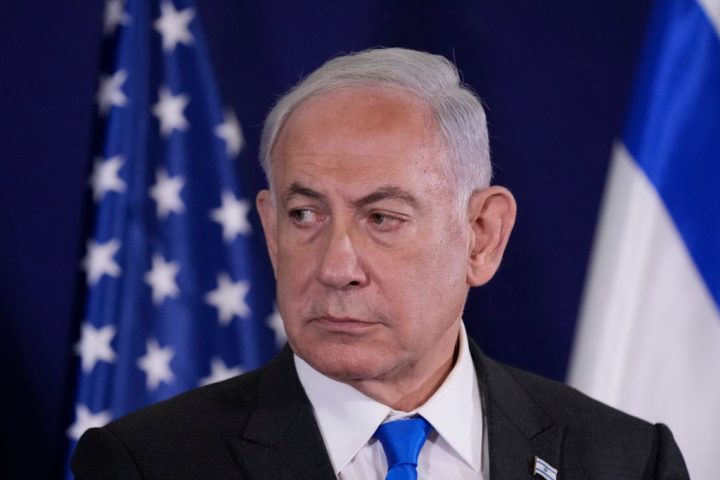
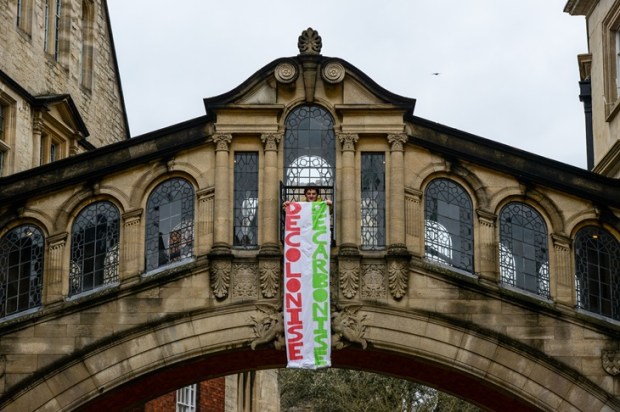
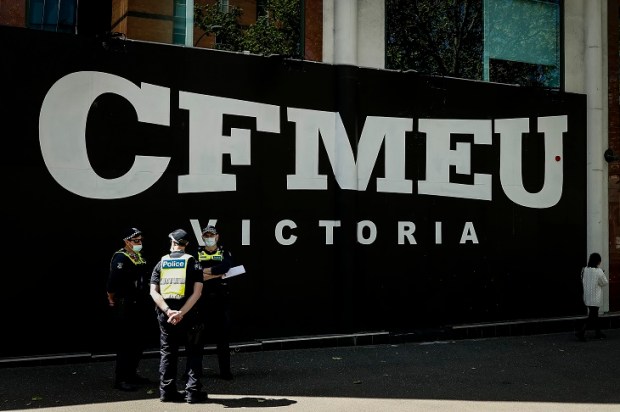
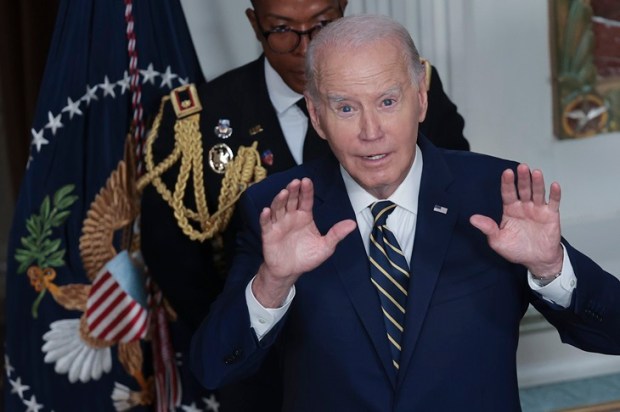


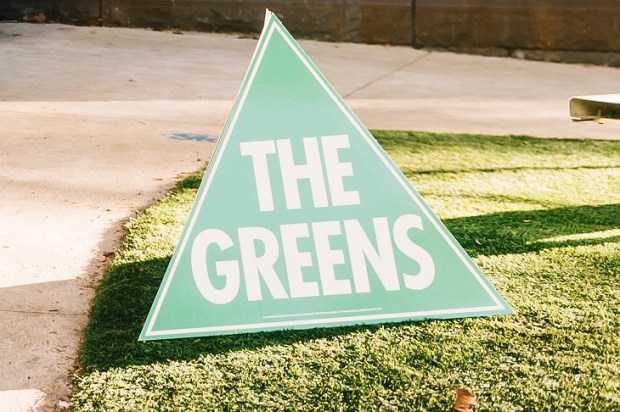


















Comments
Don't miss out
Join the conversation with other Spectator Australia readers. Subscribe to leave a comment.
SUBSCRIBEAlready a subscriber? Log in